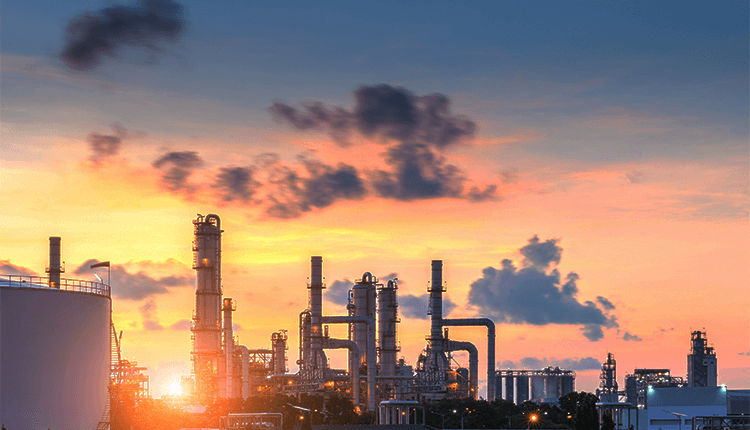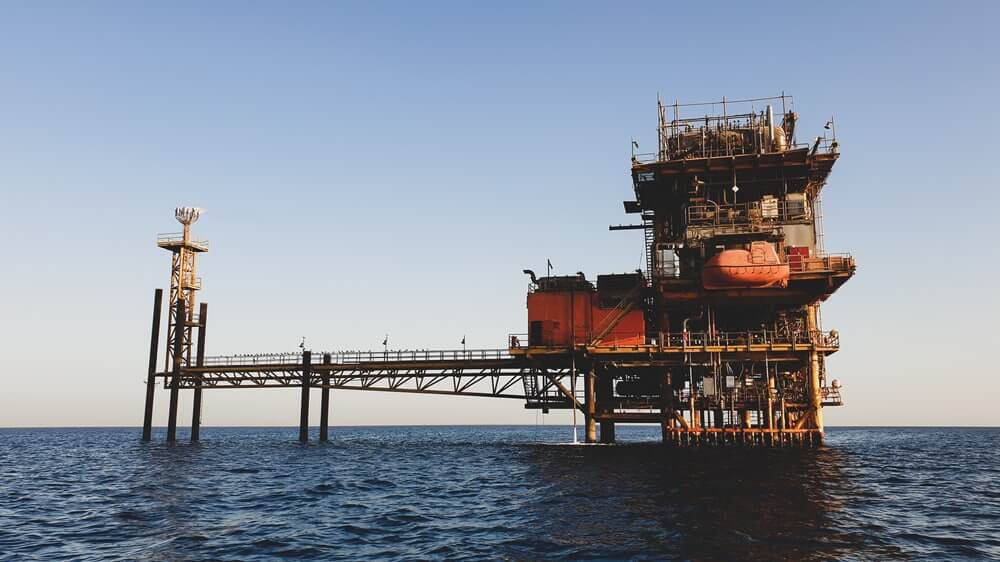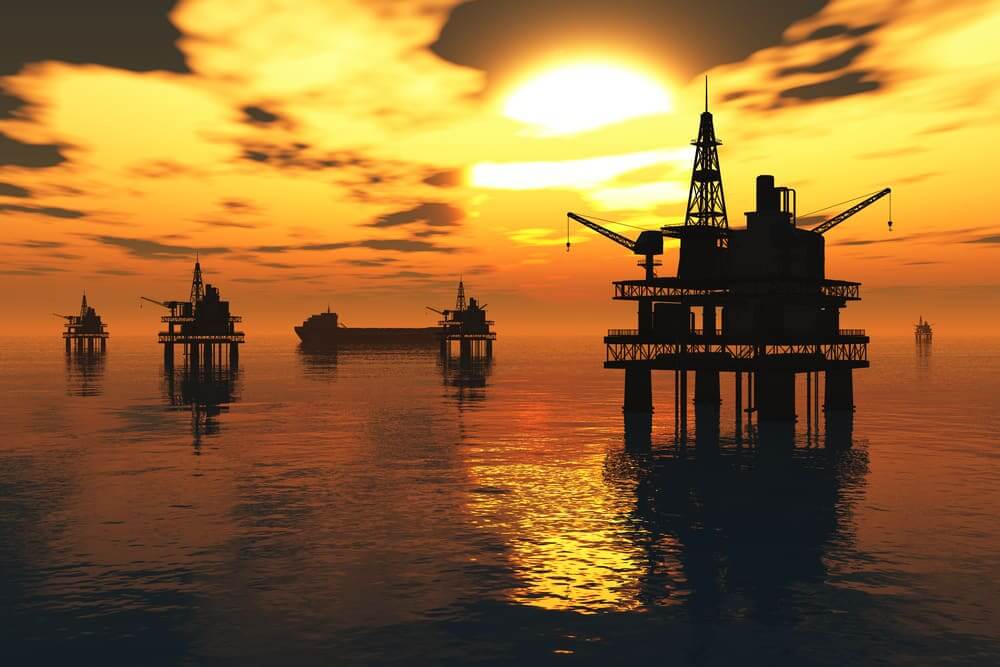
Oil Prices Are Falling
The start of flu season, which could complicate China’s pandemic situation, is another headwind for oil prices. The headwinds appeared to be strong enough to offset a significant drop in US crude oil inventories, which fell by 5.4 million. Prices initially rose after the EIA reported the figures yesterday, only to fall later and close lower than they opened.
However, there is still room for growth in the future. There is the impending EU embargo on Russian crude, which includes sanctions against third-party buyers. The Chinese authorities have yet to agree on a solution to the embargo-related challenges to continued Russian oil supplies. Refiners appear to be particularly concerned about insurance and re-insurance as European majors in that industry begin to prepare for the sanctions.
Norway’s Oil and Gas Firms Have Raised
As more development plans are made, the oil and gas companies in Norway have increased their investment forecasts for 2022 and 2023, according to a survey by the national statistics office (SSB) released on Thursday.
The largest industry in the nation plans to invest 175.3 billion Norwegian crowns in 2022, an increase from 172.8 billion in August.
The estimated investment amount for the following year is 149.7 billion crowns, up from a previous estimate of 135.3 billion. Still, the amount should increase as businesses anticipate approving more projects by the year’s end.
When Norway’s temporary tax breaks to encourage offshore investment expire at the end of this year, oil companies should approve new projects.
It added that investments in field development for 2023 increased by 12% to 50.2 billion crowns, owing primarily to higher cost estimates at some fields. Expected exploration spending remained largely unchanged.
Some projects in the works may need to be canceled due to rising costs, supply chain congestion, and market uncertainty. At the Ulsan refinery complex of its South Korean affiliate S-Oil Corp, Saudi Aramco announced Thursday that it would invest $7 billion in a project to produce petrochemicals from crude oil.
The Shaheen project represents the Saudi firm’s largest investment in South Korea. It will mark the first commercial application of Aramco and Lummus technology to synthesize chemicals from crude. As the use of electric vehicles increases and gasoline demand declines, the project expands the market for Saudi oil while enhancing its long-term competitiveness.
EU to Propose Natural Gas Price Cap
The European Commission plans to propose a natural gas price cap after November 24 to contain an energy crisis caused by Russia’s invasion of Ukraine.
The 27 nations that make up the EU have debated for months whether to impose a cap on gas prices as the group tries to control soaring inflation and energy costs brought on by Russia’s reduction in gas supplies to Europe.
The Commission, which drafts EU policies, will propose a cap following a meeting of EU energy ministers on November 24, where they are expected to instruct the bloc’s executive to move forward with the proposal, according to EU energy commissioner Kadri Simson.
The EU countries can’t decide whether gas prices should have a cap. The measure, if proposed by the Commission, would require the approval of a reinforced majority of at least 15 countries.
Belgium, Poland, Italy, and Greece have demanded that Brussels propose a gas price cap by November 24 or risk having other EU policies, such as faster renewable energy permitting rules, blocked.
Others, including Germany, Europe’s largest gas consumer, warn that price caps will make it difficult for countries to secure cargo in global gas markets.
The planned gas price cap, outlined by the Commission in a document shared with EU countries late Tuesday, would go into effect if prices reached a predetermined level.




